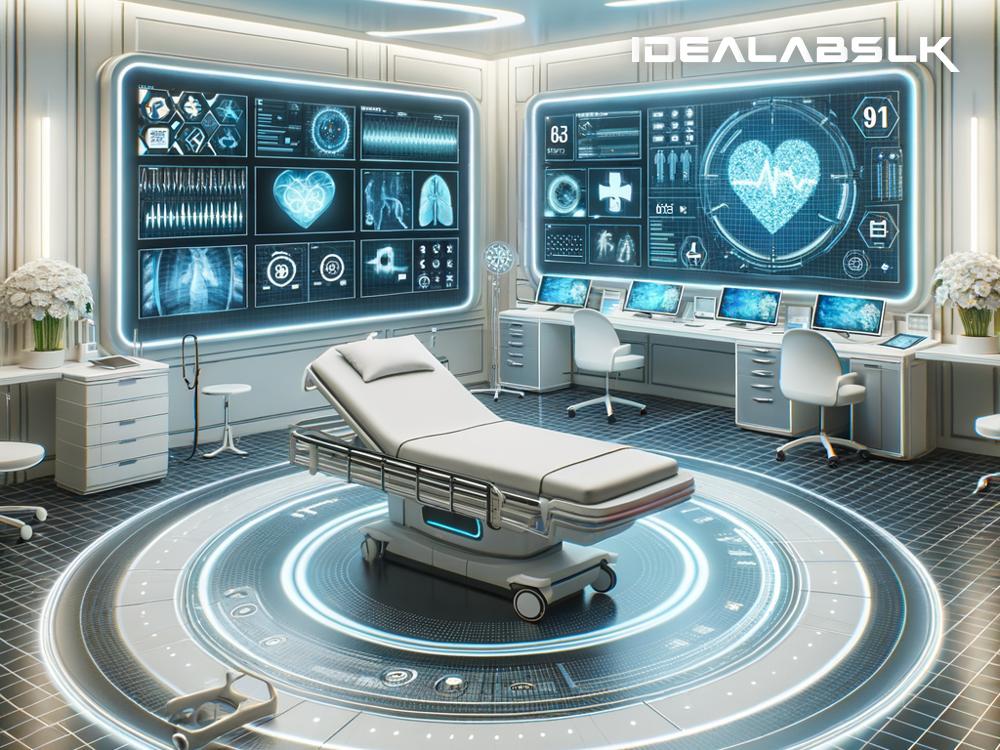How Smart Hospitals are Transforming the Patient Experience with Technology
In the last few years, the way we receive medical care has started to change drastically, and it's all thanks to technology. This is especially true in smart hospitals, which are taking the lead in using tech to make our visits, treatments, and recovery smoother and more comfortable. If you're wondering exactly how technology is reshaping the patient experience, let's dive into the fascinating world of smart hospitals.
Easy Check-ins and Less Waiting
Gone are the days of filling out endless forms on a clipboard or waiting for hours in a crowded waiting room. Smart hospitals use digital check-in systems allowing patients to fill out forms online before they even step foot in the hospital. Some hospitals even have kiosks where patients can check in, similar to what you might find at an airport. This not only speeds up the process but also reduces the amount of time patients spend waiting to be seen.
Tracking Health with Wearable Devices
In smart hospitals, wearable devices play a significant role in patient care. These gadgets, which patients can wear like watches or patches, continuously monitor vital signs such as heart rate, blood pressure, and oxygen levels. This constant monitoring helps doctors keep a close eye on patients' health without needing to disturb them. It also means that any changes in a patient’s condition can be detected and addressed much quicker than before.
Robots and Automation
Robots in hospitals might sound like something straight out of a sci-fi movie, but they're becoming increasingly common. From delivering meals and medication to patients, to assisting in surgeries with precision far beyond human capability, robots are enhancing efficiency and patient care. This automation not only helps in reducing the workload on healthcare staff but also minimizes the risk of infections transmitted through human contact.
Telehealth: Medical Care from a Distance
Telehealth has been one of the biggest game-changers in healthcare. Through video calls, patients can consult with their doctors without leaving their homes. This is particularly valuable for people living in remote areas or for those who find it difficult to travel. It's also been crucial in times when visiting hospitals could pose a risk, such as during a pandemic. With telehealth, receiving medical advice, follow-ups, and even certain types of therapy has become more accessible than ever.
Personalized Medicine Thanks to Big Data
Hospitals collect a lot of data. In smart hospitals, this data doesn't just sit in files; it's analyzed and used to improve patient care. By using algorithms and artificial intelligence, hospitals can predict outbreaks, manage chronic diseases better, and provide care that’s tailored to individual patients' needs. This approach means treatments are more effective, and patients recover quicker.
Enhanced Patient Privacy and Security
With technology playing such a big role in hospitals, protecting patients' privacy and data has never been more important. Smart hospitals use advanced cybersecurity measures to ensure that medical records are kept safe and confidential. Encryption, secure networks, and restricted access ensure that patients' information is protected against unauthorized access.
Making Hospitals Less Scary
Smart hospitals are also using technology to make the environment more comfortable for patients. For example, interactive screens can provide information or entertainment to help reduce anxiety. Some hospitals even use virtual reality headsets to distract patients during unpleasant procedures or therapies, making their experience as pleasant as possible.
The Future is Now
The transformation we're witnessing in smart hospitals is just the beginning. As technology continues to evolve, so will the ways in which it can be used to improve healthcare. From artificial intelligence diagnosing diseases to 3D printing organs for transplants, the possibilities are nearly limitless.
In simple terms, technology is making hospitals places where treatment is not just about curing diseases but also about caring for patients in the best way possible. It’s making healthcare more personalized, efficient, and, importantly, more humane. For patients, this means less stress, quicker recovery, and a more positive overall experience.
As we look to the future, one thing is clear: smart hospitals are not just transforming the patient experience; they're revolutionizing the entire healthcare system. And in this rapidly evolving landscape, patients stand to benefit the most. So, here's to healthier futures, powered by smart technology!

